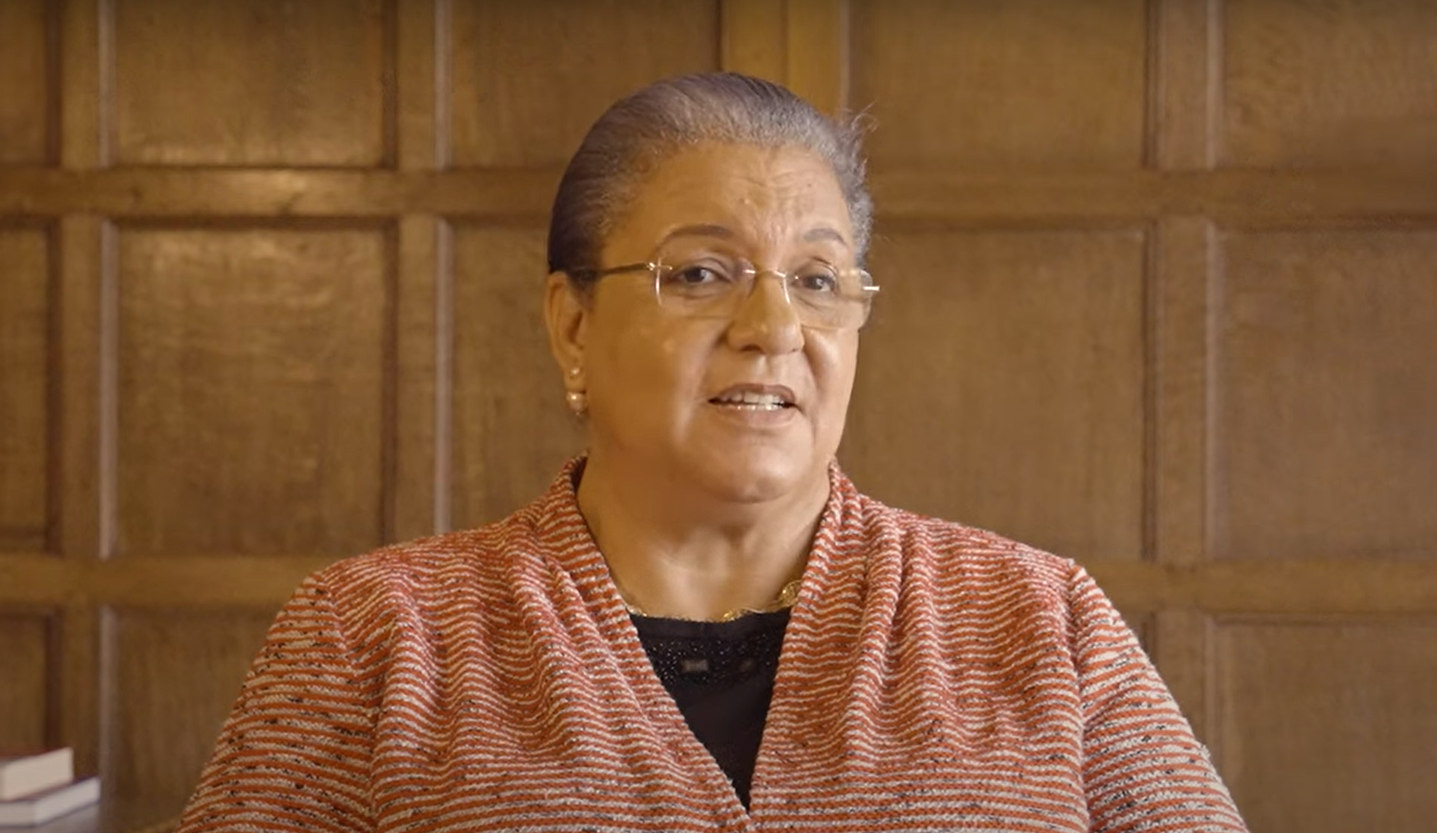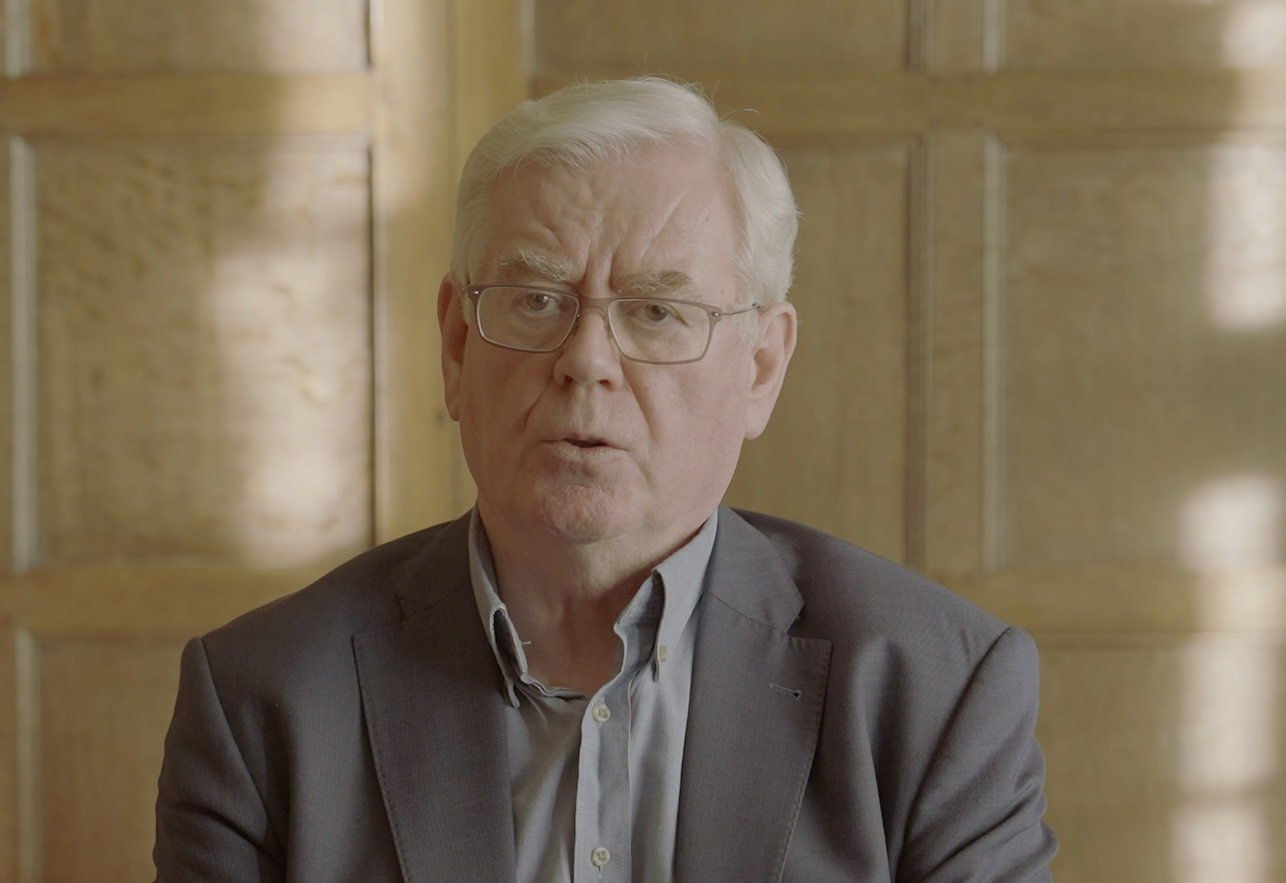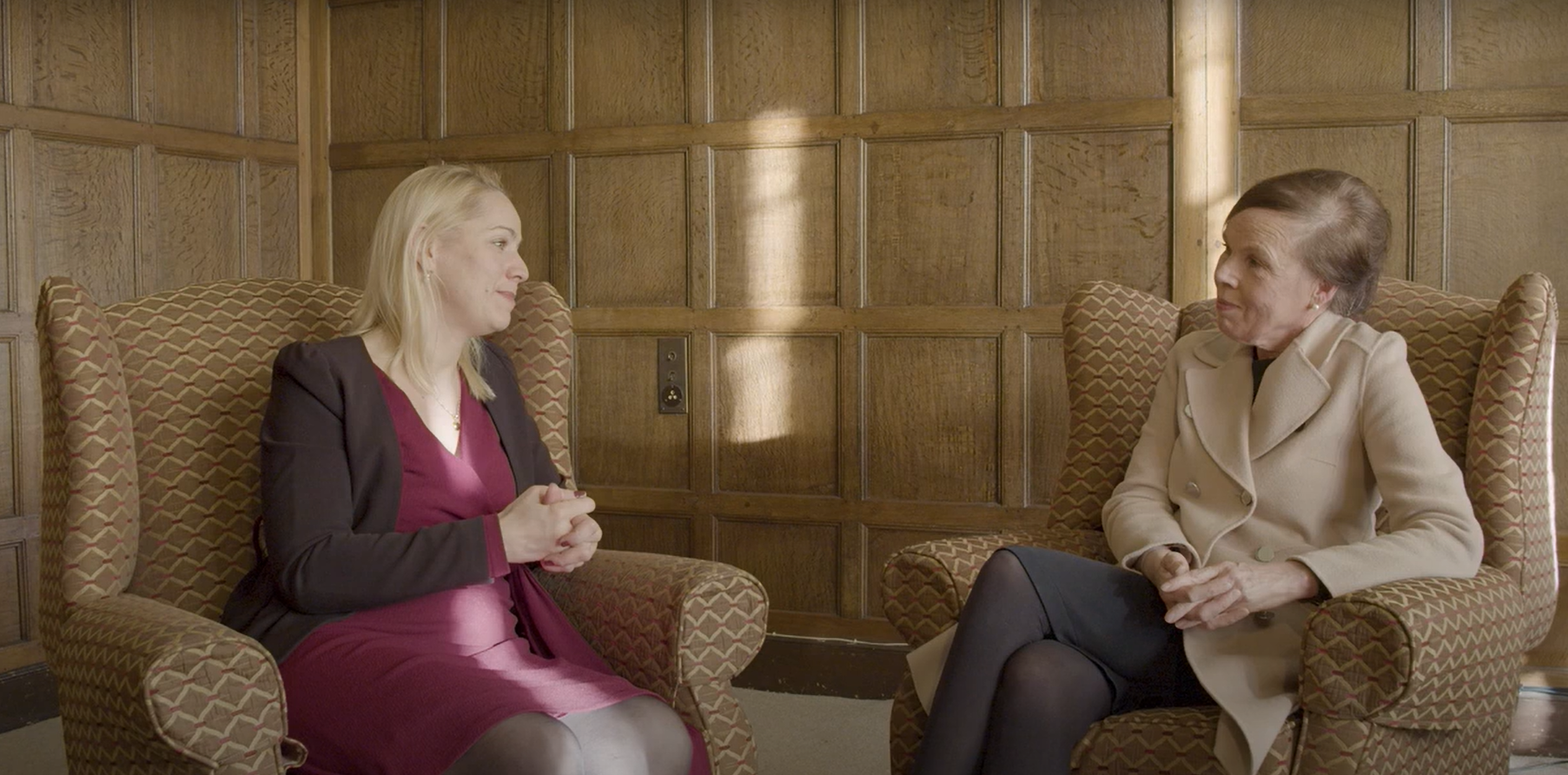Kremlin aligned voices have enjoyed a dominant position in the Russian language media across the Baltic states and former Soviet Union. Disinformation and propaganda targeting Russian speakers have been evidenced as part of events in Ukraine in 2014 and have the potential to destabilise communities in the Baltic states and the Eastern Partnership.
Stifling pluralism in Russian language communications, the Kremlin has promoted a narrative of ‘victimisation’ of Russia and Russian speakers at the hands of Western powers, and cultivated nostalgia for the Soviet past.
Access to reliable information and balanced media is fundamental to successful democracy. To counter Kremlin aligned media dominance, the international community needs to support existing and emerging independent media platforms and ensure audiences across the former Soviet Union have access to media that is trusted and trustworthy.
The overarching objectives of the event were to increase collaboration between governmental and non-governmental actors working to promote plurality and balance in Russian language media, and to stimulate greater innovation and strategic coordination in this field.
Video
We asked a selection of participants “What is the one greatest challenge in addressing disinformation in the Russian speaking media landscape?”












